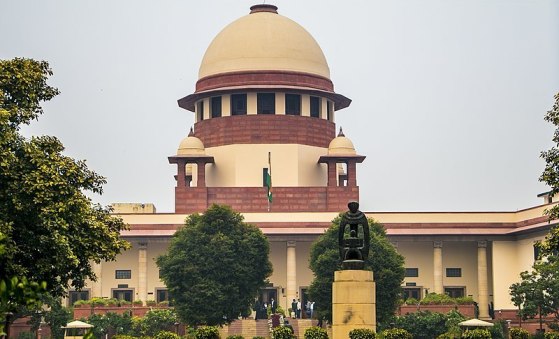Sahibganj District in Jharkhand is progressing in maternal and child health care, thanks to EFICOR's community development programme there since 1992.
Last week, EFICOR (Evangelical Fellowship of India Commission on Relief) released a report on the 'Parivartan' Child Survival Project that was launched in the year 2007.
Sahibganj District has a large tribal population living in remote inaccessible villages which suffers from diseases such as malaria, TB etc.
EFICOR's 'Parivartan' project worked towards reducing mortality among mothers, newborns and children under the age of five through building and sustaining community capacity in the past five years (2007-12). This was done in partnership with Christian Reformed World Relief Committee (CRWRC, USA) and USAID.
At the release of the report at the India International Centre in Delhi, Dr M K Aggarwal, Assistant Commissioner (Immunisation) Ministry of Health and Family Welfare, hailed EFICOR's contribution and urged more civil societies to support the government in building health services and schemes.
The Parivartan project worked in synergy with the government at state and local levels enhancing the reach and effectiveness of the interventions.
The results of a survey at the end of the project in April 2012 showed positive improvements in the health of mothers and children. The literacy levels of the mothers at the final survey were 26.7% (as against 17% baseline).
The levels of indicators of childhood nutrition including breastfeeding were also higher than at baseline indicating improvement in nutrition.
All key indicators with respect to health of mothers and children under 24 months in the project area are higher than at baseline. This suggests improvement of access to quality health services and care seeking behavior of the community.
In terms of capacity building, the Parivarthan project trained 141 Auxilliary Nurse Midwives (ANMs), 1548 Anganwadi workers (AWWs), 970 Sahiyas and 653 Traditional Birth Attendants (TBAs). The project also initiated monthly convergence meetings at each of the 141 Health Sub Centres.
Anganwadi Workers at the Anganwadi Centres (AWCs) were trained on growth monitoring and nutrition counselling. Training of AWWs improved their ability to identify malnourished children, plot growth monitoring charts and counsel parents with malnourished children.
Accredited Social Health Activists were trained on Time Counselling on antenatal care and
post-natal care, mobilise communities for immunization, and provide treatment and/or referral for malaria, diarrhoea and Acute Respiratory Infection (ARI).
"Public Private Partnership has been vital during project implementation. EFICOR worked along with government and NGOs using strategies of community mobilisation, behavior change communication and quality improvement, delivering health education and services to children and their caregivers," said Kennedy Dhanabalan, Executive Director, EFICOR.
Kennedy said the results of the final Knowledge, Practice and Coverage (KPC) survey undertaken in April 2012 indicated remarkable improvement in all indicators with regards to the health of 3.51 lakh mothers and children in the district.




